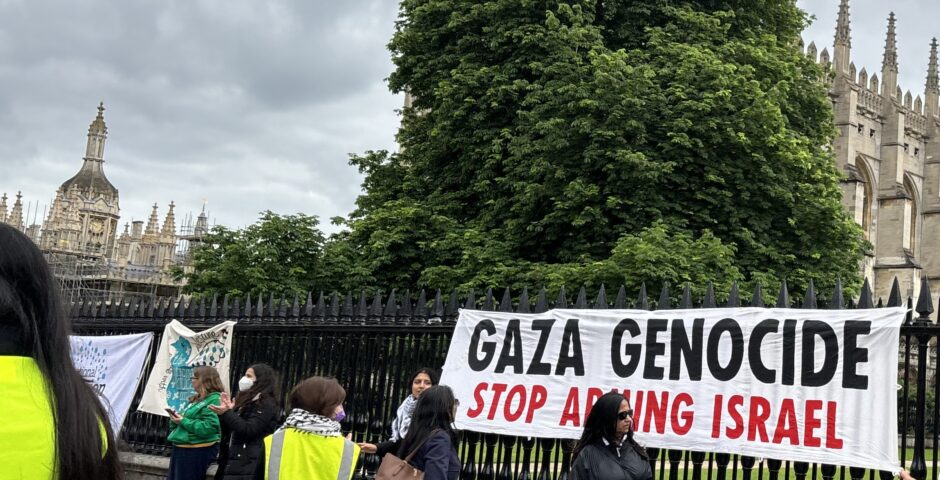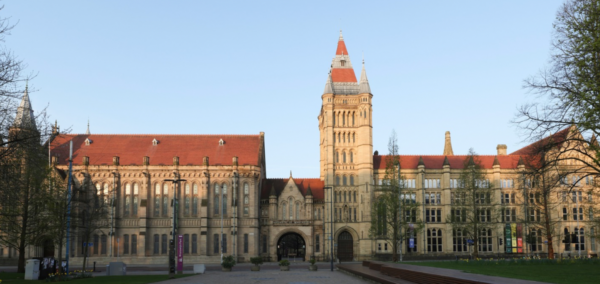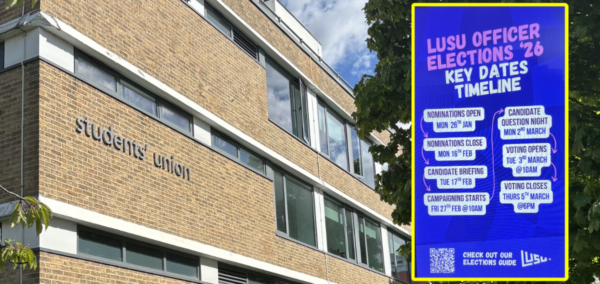
Cambridge University pledges to partially divest from ‘controversial weapons’ companies
A meeting on 20th November will decide whether the university will fully divest from the arms industry
The University of Cambridge has pledged to partially divest from arms companies following a review.
A Working Group established in Michaelmas 2024 by the university published a report outlining how the university will divest from companies producing “controversial weapons” which are illegal under UK law.
The Working Group was “prompted by a student encampment” that “lasted for around 100 days between May and August 2024” and carried out a year-long review, the findings of which were approved unanimously by the University Council on Monday 20th October and subsequently published online.

The first Pro-Palestine encampment was established on King’s parade in May 2024
The report included eleven recommendations for the university’s responsible future investment, the most significant of which was recommendation four, outlining that “Cambridge should formally exclude investment of any funds, either directly or indirectly, in any company which manufactures weapons which are illegal under English law.”
This decision follows the motion by King’s College in May to divest from the arms industry by the end of 2025, becoming the first college at either Oxford or Cambridge to do so. King’s invested £2.2 million in arms companies as of March 2023.

King’s College
However, Cambridge’s wealthiest college Trinity is still yet to make a statement on whether they will divest, after backtracking on claims made in 2024 that “the college’s governing body voted to withdraw funds from arms manufacturers linked to Israel.”
Most Read
When approached for comment, the college issued this statement: “Trinity College has a long-standing arms investment policy that incorporates industry-standard exclusions including screening out those classified as ‘controversial weapons.’ The College has committed to reviewing its position after the University has responded to all matters raised by the report by the Working Group on the Defence Industry published earlier this week”.
A meeting on 20th November will consider three options for the future approach to arms investments: Maintaining current investments (totalling less than one per cent of the university’s total investments), setting an official one per cent cap on arms investments, or divesting from all arms manufacturers, including those manufacturing conventional weapons.

Pro-Palestine protesters have been calling for the university’s divestment from arms companies for almost two years
Both the student protest group Cambridge for Palestine (C4P) and the Cambridge Students’ Union have voiced support for complete divestment from arms companies, with C4P referring to the Working Group as a “direct concession to our movement’s power”. Cambridge SU circulated an open letter which all current students are able to sign “in support of the university’s complete divestment from arms companies”.
The decision to divest from “controversial weapons” is recognised as an attempt to address longstanding student grievances with university investments.
Image Credits: Leah Whiting


















